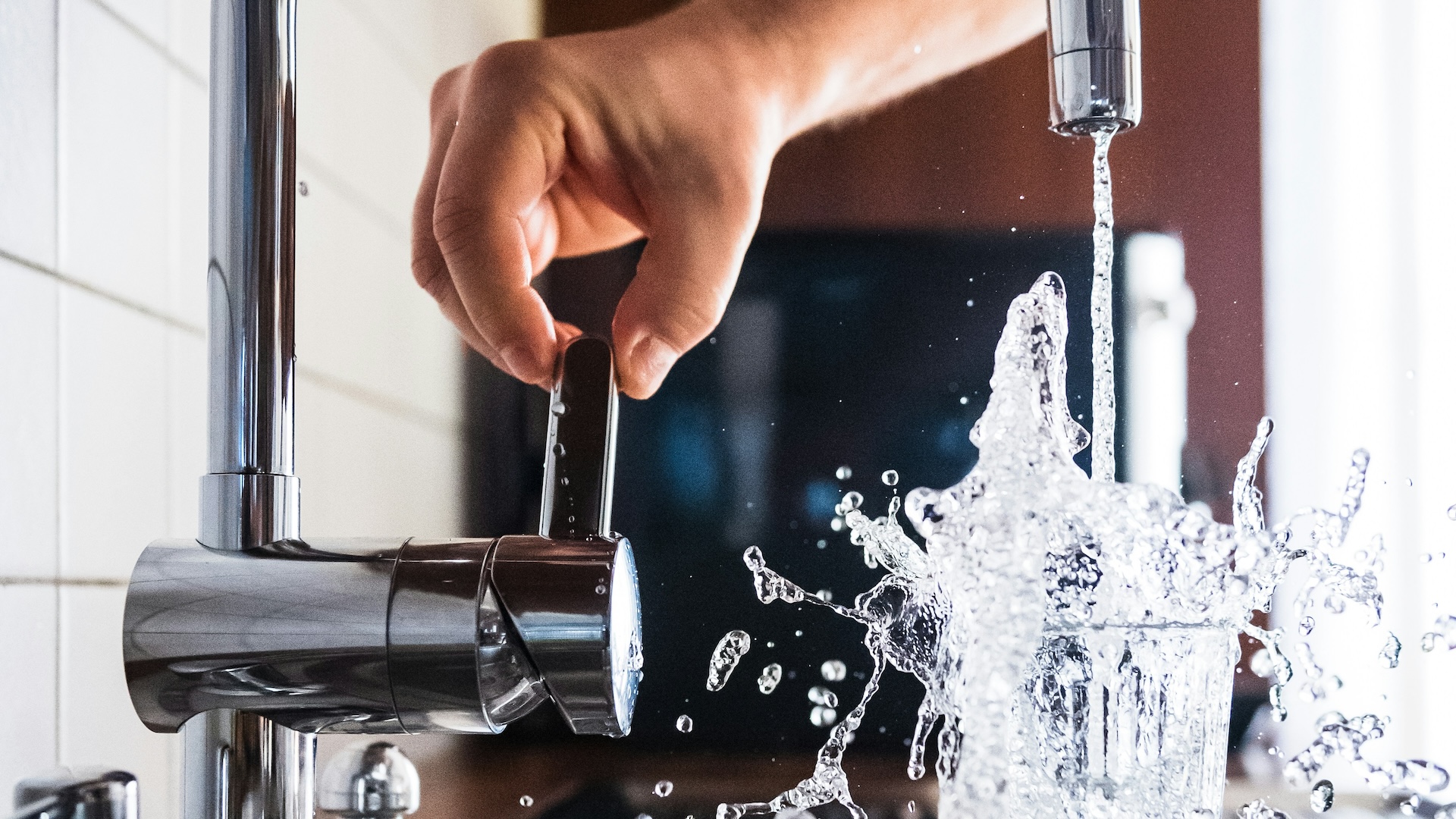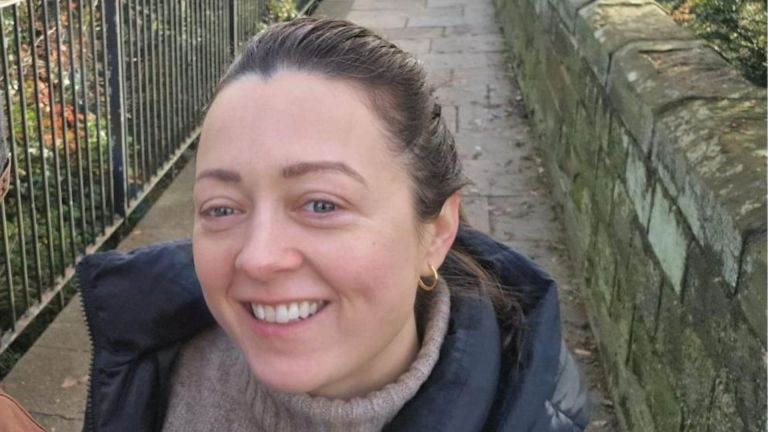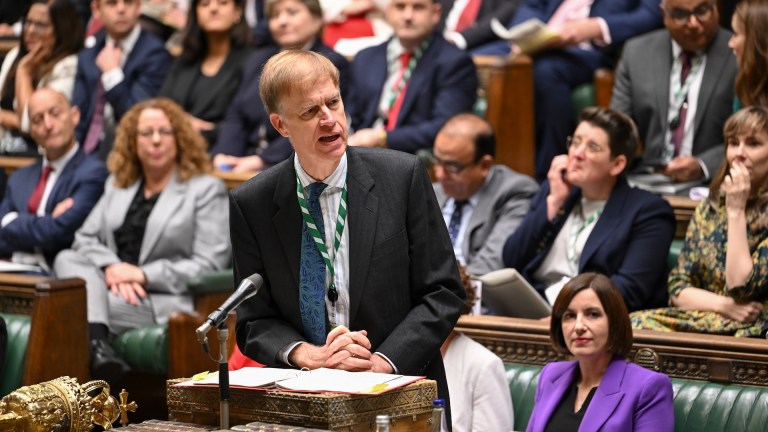How to get help for your water bills from a supplier
Every water company has a social tariff scheme to help low-income households pay their bills. The level of support depends and who is eligible depends on your supplier.
Take Thames Water for example – if your bill is more than 5% of your net income, you can get 50% off your water bill through the WaterHelp scheme.
Yorkshire Water takes a different approach. If you have a household income below £20,000, or below £26,000 with dependents, you could see your bill capped. Depending on your individual circumstances, you could see a bill reduction to £270.
You can find a full list of suppliers and links to their hardship schemes on the Consumer Council for Water’s website – where you will also find other tips for saving money on your bills.
Your supplier may also have a debt support scheme for customers who are finding it hard to pay their bills. These can reduce debt if customers stick to a payment plan. You will need to make payments against a pre-agreed payment plan set by your water company.
Water companies may also offer flexible payment plans or even ‘payment breaks’ if you are having short-term financial difficulties. Alternatively, your water company might offer grants to people with debt and other financial difficulties. Check out your company’s website or get in touch with them for more information.
Advertising helps fund Big Issue’s mission to end poverty
How to get help from the WaterSure scheme
WaterSure is a scheme which caps water bills and sewerage bills in England and Wales. It is available to people on means-tested benefits with a medical condition that means you use lots of water, or people on means-tested benefits with a large family with at least three children under 19. You also need to be on a water meter or be waiting to have one installed.
Eligible benefits include: universal credit, pension credit, housing benefit, income-based jobseeker’s allowance, income support, income-related employment and support allowance, working tax credit and child tax credit.
Most water companies have their own version of the scheme which means bills are either capped or you get a significant discount on your bill. It means you will not pay more than the average water bill for metered properties in your area.
To apply for WaterSure, you need to fill out a form from your water company. You will have to provide evidence of your medical condition and the effect it has on the water you use – such as a stamp from your GP or a doctor’s certificate. Check with your supplier about what evidence they may need.
How to get help from the WaterDirect scheme
There is also the government’s WaterDirect scheme for people on certain benefits. It can help you stay on top of your bills if you are more than £50 behind on your payments.
The payment is taken from your benefits by the Department for Work and Pensions (DWP) and goes directly to your water company. It’s important to remember you will be receiving less money into your bank account as it will go directly to your supplier.
Advertising helps fund Big Issue’s mission to end poverty
But you may find it easier to manage your finances if bill payments are paid automatically – it can give you peace of mind knowing that your water bill is paid. It is only eligible for people who are in debt of £50 or more and have had two failed payment plans.
You’ll also need to receive income support, jobseekers allowance, pension credit, ESA or universal credit. Contact your supplier if you think the scheme might help you manage your finances.
Would you save money switching to a water meter?
Installing a water meter could save you money if you don’t already have one. This means you will only pay for what you use rather than the standard fixed rate.
But if you use a lot of water, it might be cheaper to stay with the standard charge. You can use the Consumer Council for Water’s calculator to find out, and many companies have calculators on their website where you can work out if it would be cheaper for you to get a water meter installed.
This would also mean you could look for ways to use less water – like using a washing up bowl instead of running the tap, only using your washing machine when it is full and ensuring you don’t have any water leaks.
Where else can I get cost of living help?
You could be entitled to benefits and tax credits if you are working or unemployed, sick or disabled, a parent, a young person, an older person or a veteran. You can use the charity Turn2Us’ benefits calculator to find out what benefits you are entitled to claim.
Advertising helps fund Big Issue’s mission to end poverty
Citizens Advice offers information and services to help people and they can advise you as to what financial support is available from the government to help you.
People who are struggling financially may be eligible for charitable grants. You can find out what grants might be available to you using Turn2Us’ grant search on the charity’s website.
There are a huge range of grants available for different people – including those who are bereaved, disabled, unemployed, redundant, ill, a carer, veteran, young person or pensioner. Grants are also usually available to people who have no recourse to public funds and cannot claim welfare benefits.
If you are unable to pay your bills, your local council may have a scheme that can help you. Local councils may be able to give you debt advice, help you get hold of furniture and support you through food and fuel poverty.
Your council may also have a local welfare assistance scheme, also known as crisis support. You can also find out what support your council offers through End Furniture Poverty’s local welfare assistance finder or by contacting your local authority directly.
You can find your local food bank through Trussell’s website or the IFAN’s member’s map. You can also call Trussell’s free helplines and talk to a trained adviser. It’s 0808 208 2138 if you live in England or Wales, and 0800 915 4604 if you live in Northern Ireland. You should contact your local council if you live in Scotland.
Advertising helps fund Big Issue’s mission to end poverty
The government’s Help for Households website explains what support you could be eligible for and we’ve got a round-up of all the cost of living help available to households here.
Do you have a story to tell or opinions to share about this? We want to hear from you. Get in touch and tell us more.









